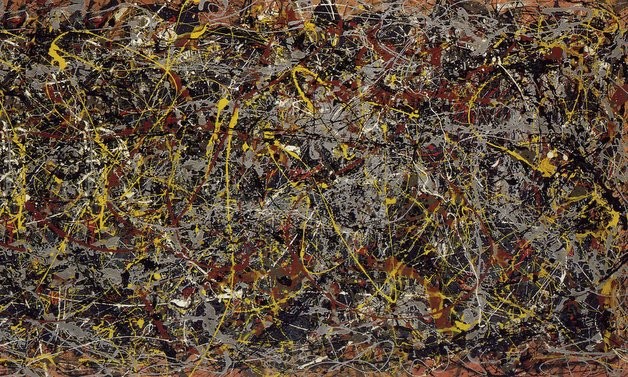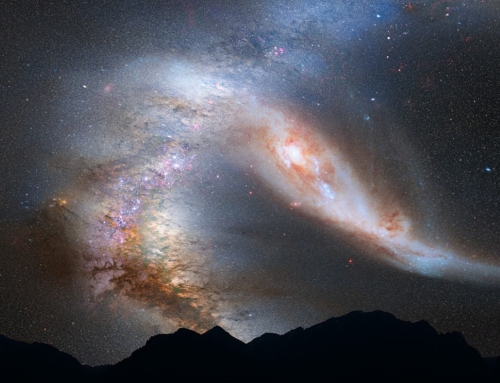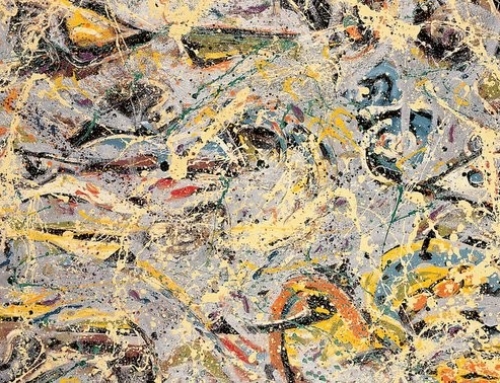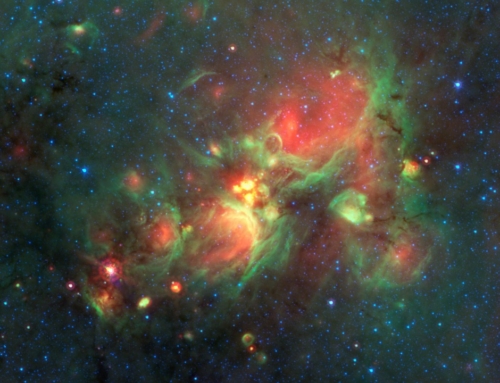This is the fourth of the series on Preaching the Divine Attributes.
Have you ever noticed the way some companies try to sell their products by raising them to the level of a symbol for something beyond their intrinsic value? I recently saw a commercial for an electronic gadget in which the device was never referred to—not even once—during the entire commercial. Instead, through impressive images of nature, human culture and play and the gravitas of the narrator’s voice the viewer was reminded that he or she was a “member of the human race,” that we live for things like art, beauty, passion, and love. And then we hear the nineteenth century American poet Walt Whitman asking about the meaning of life and man’s place in it, concluding that your life—even life itself—is a wonder, a kind of play to which each one may contribute a verse.
At first glance, it seems strange to sell your product by implying a higher meaning to the product (making it a mere means for satisfying some deeper desire). Then again, we human beings do this all the time. The world is built this way; we are built this way. We are always hunting for the touch of a more profound, more beautiful, and deeper meaning.
We are confronted with a world that alludes to something beyond itself, to a truth beyond experience and a meaning not of this world. This allusiveness conveys to us an awareness of a spiritual dimension of reality, our relatedness to transcendent meaning. We hunger for meaning, for truth, for goodness—this is how we know we are alive and we won’t be satisfied with anything less than a meaning, a truth that transcends all classification and division and is as extensive as reality itself.
But how does a man lift up his eyes to see a little higher than himself? The grand premise of religion is that man is able to surpass himself; that man who is part of this world may enter into a relationship with Him who is greater than this world; that man may lift up his mind and be attached to the absolute. How does one find a way in this world that would lead to an awareness of Him who is beyond this world? How does one find the way to an awareness of the transcendent God?
I believe the answer starts with a recovery of a Biblical view of the world and of life: an awareness of the sublime, of wonder, of mystery, awe, and the grandeur of reality. The world itself can give no answer to man’s ultimate wonder at the world. There is no answer in the self to man’s ultimate wonder at the self. Without this awareness, the world becomes flat and the soul a vacuum. The recovery of this awareness will give us eyes to see that everything in the world and in history bears the imprint of He-Who-Is-Beyond-Everything, calling us beyond everything so that He might give us everything.
✠
Image: Jackson Pollock, No. 5 (1948)





